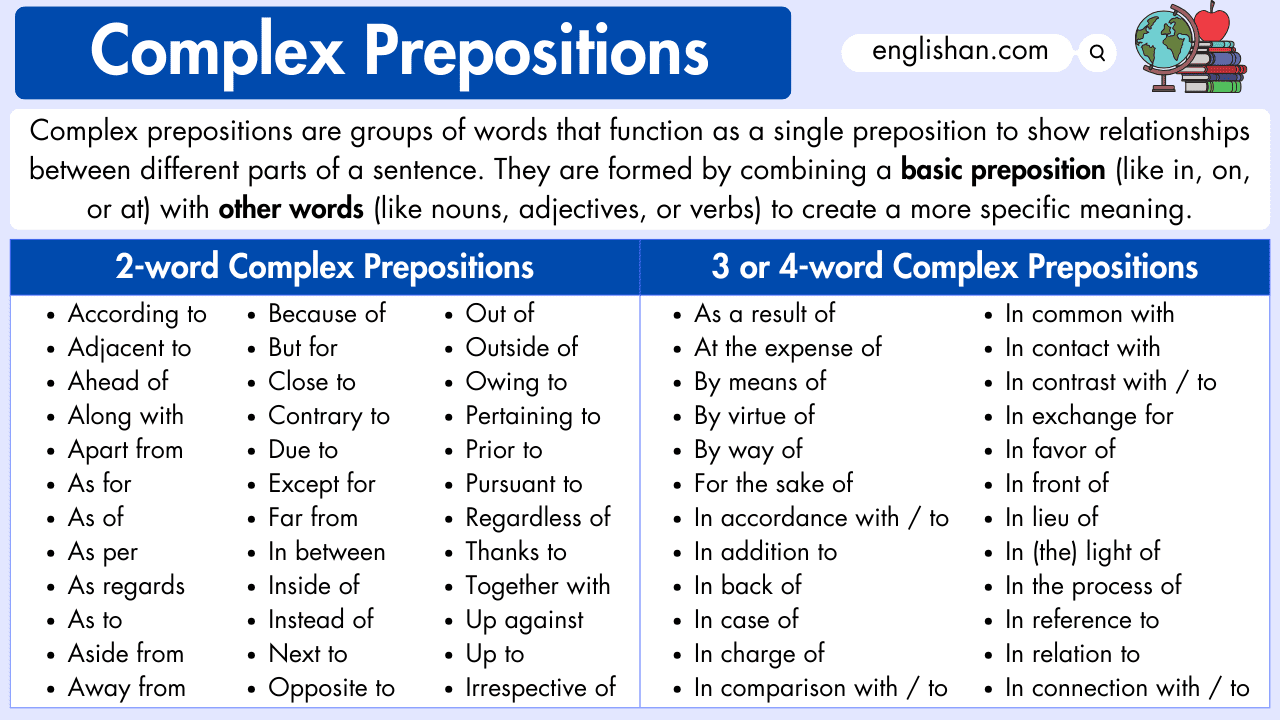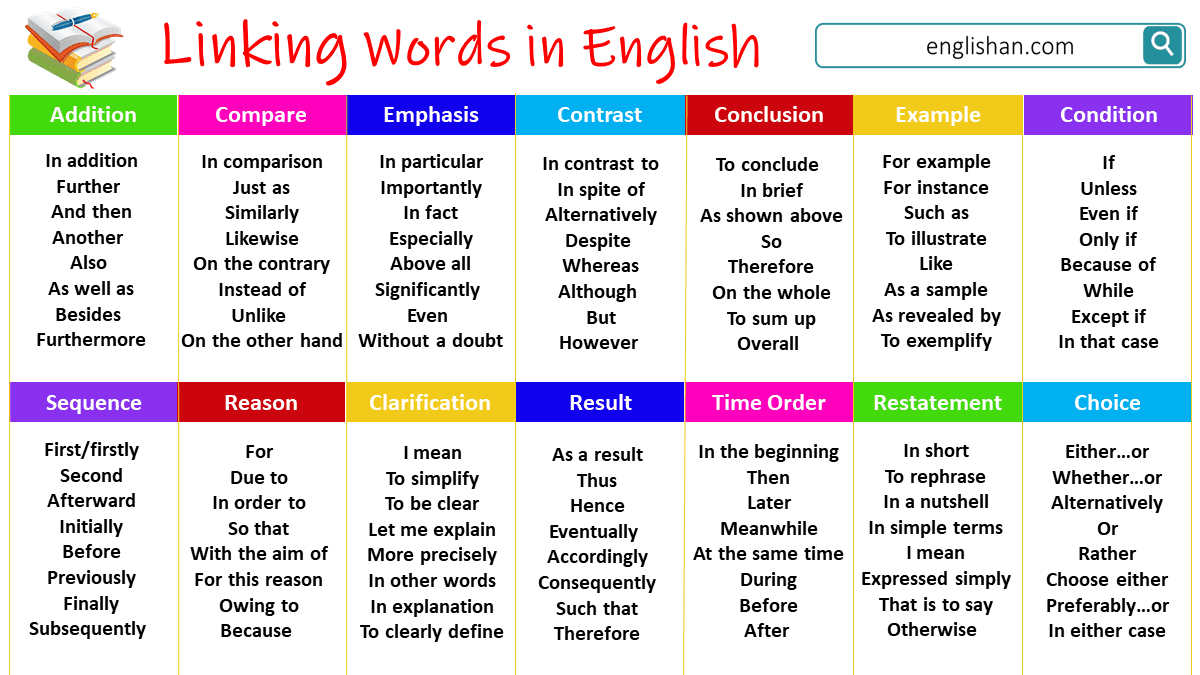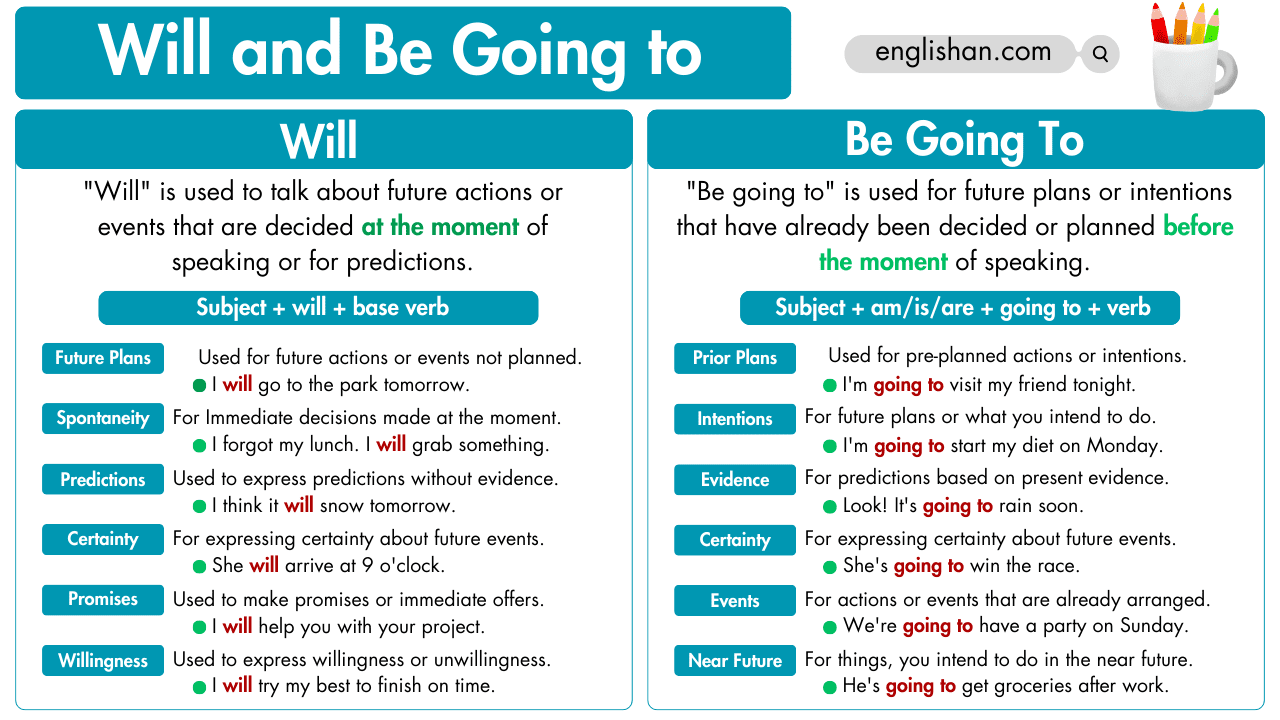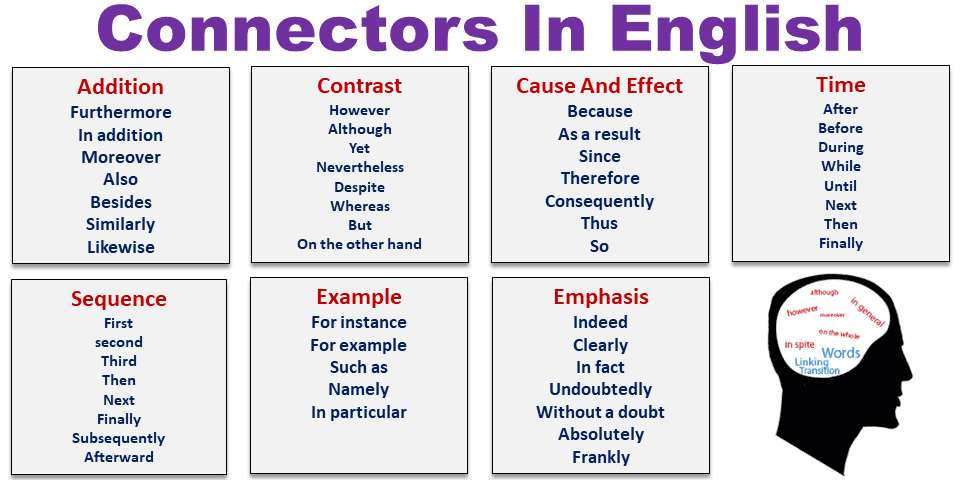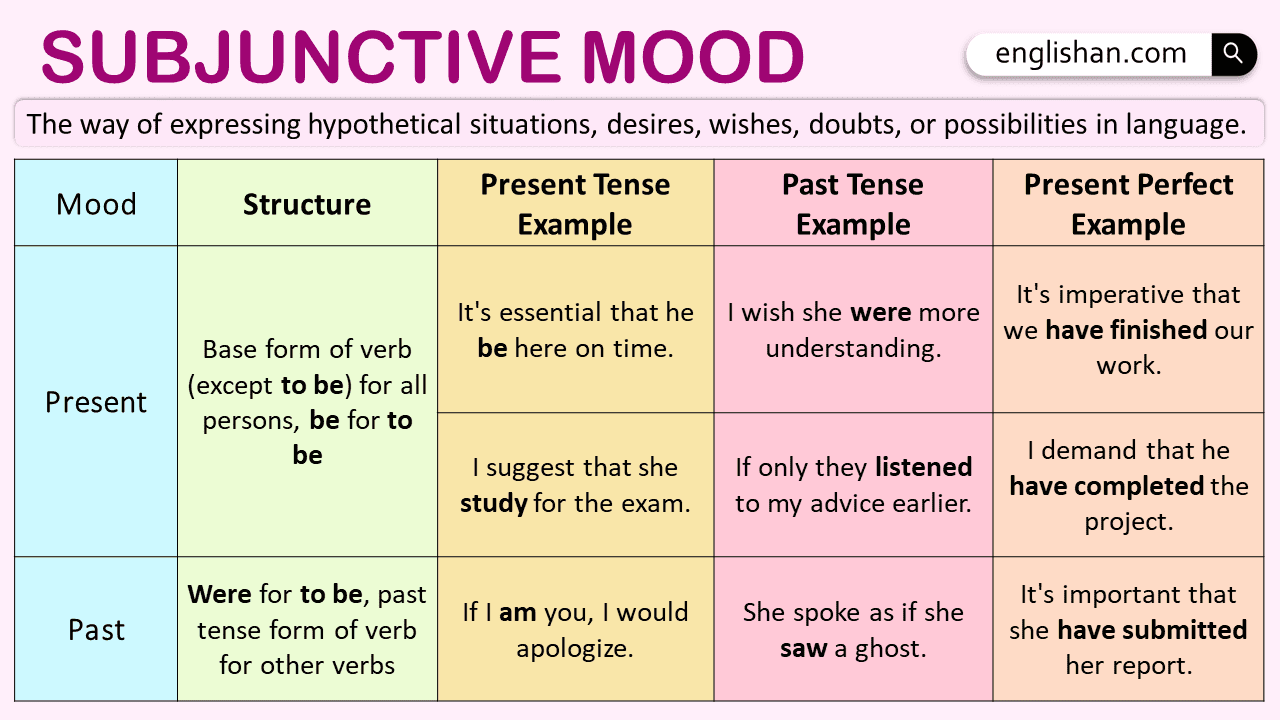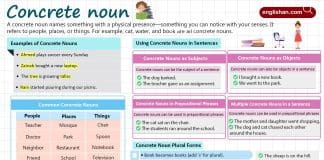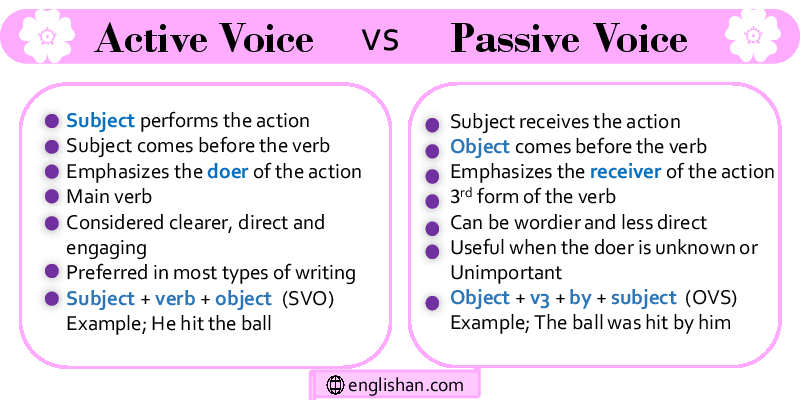Contents
Prepositions are small words in sentences that help us understand the position or relationship between things. But sometimes, these prepositions team up with other words to form what we call Complex Prepositions. These are combinations of words that work together to give more specific meanings. In this article, we’ll take a closer look at complex prepositions and how they help us communicate better. So, let’s get started!
What are Complex Prepositions?
Complex prepositions are groups of words that function as a single preposition to show relationships between different parts of a sentence. They usually consist of more than one word and serve the same purpose as single-word prepositions. Instead of just one word like in or on, complex prepositions are made up of multiple words like in front of, on account of, or in spite of.
For example, in the phrase in front of (meaning ahead or before something); in tells us the location, and front of adds more detail by indicating the specific position. “On top of” means something is positioned over something else, such as: The book is on top of the table. Complex prepositions have specific meanings that can’t be easily guessed from the individual words.
Examples:
- In front of
- Out of
- On top of
- Due to
- In spite of
- by means of
- In addition to
Formation: Complex prepositions are formed by combining a basic preposition (like in, on, or at) with other words (like nouns, adjectives, or verbs) to create a more specific meaning.
Structure of Complex Prepositions
Preposition + Word(s)
- Base Preposition: Every complex preposition starts with a basic preposition. These are words like in, on, at, by, and others.
- Additional Words: Following the base preposition, there are one or more additional words. These can be nouns, pronouns, adjectives, or even other prepositions.
- Connection: The additional words connected to the base preposition work together to form a single unit that describes a specific relationship.
- Example: In in front of, “in” is the base Preposition, and “front of” are additional words that create a new meaning.
Types of Complex Prepositions
They can be classified into two main types based on the number of words they contain:
- Two-word complex prepositions
- Three or four-word complex prepositions
Two-word complex prepositions:
These are complex prepositions composed of two words. Examples include:
- According to
- Adjacent to
- Ahead of
- Along with
- Apart from
- As for
- As of
- As per
- As regards
- As to
- Aside from
- Away from
- Because of
- But for
- Close to
- Contrary to
- Due to
- Except for
- Far from
- In between
- Inside of
- Instead of
- Irrespective of
- Next to
- Opposite to
- Out of
- Outside of
- Owing to
- Pertaining to
- Prior to
- Pursuant to
- Regardless of
- Subsequent to
- Thanks to
- Together with
- Up against
- Up to
Three or four-word complex prepositions:
These are complex prepositions composed of three or four words. Examples include:
- As a result of
- At the expense of
- By means of
- By virtue of
- By way of
- For the sake of
- In accordance with / to
- In addition to
- In back of
- In case of
- In charge of
- In comparison with / to
- In common with
- In connection with / to
- In contact with
- In contrast with / to
- In exchange for
- In favor of
- In front of
- In lieu of
- In (the) light of
- In line with
- In need of
- In place of
- In the process of
- In reference to
- In regard to
- In relation to
- In respect to
- In return for
- In search of
- In spite of
- In terms of
- In view of
- On account of
- On behalf of
- On the matter of
- On top of
- To the left of
- To the right of
- To the side of
- With reference to
- With regard to
- With respect to
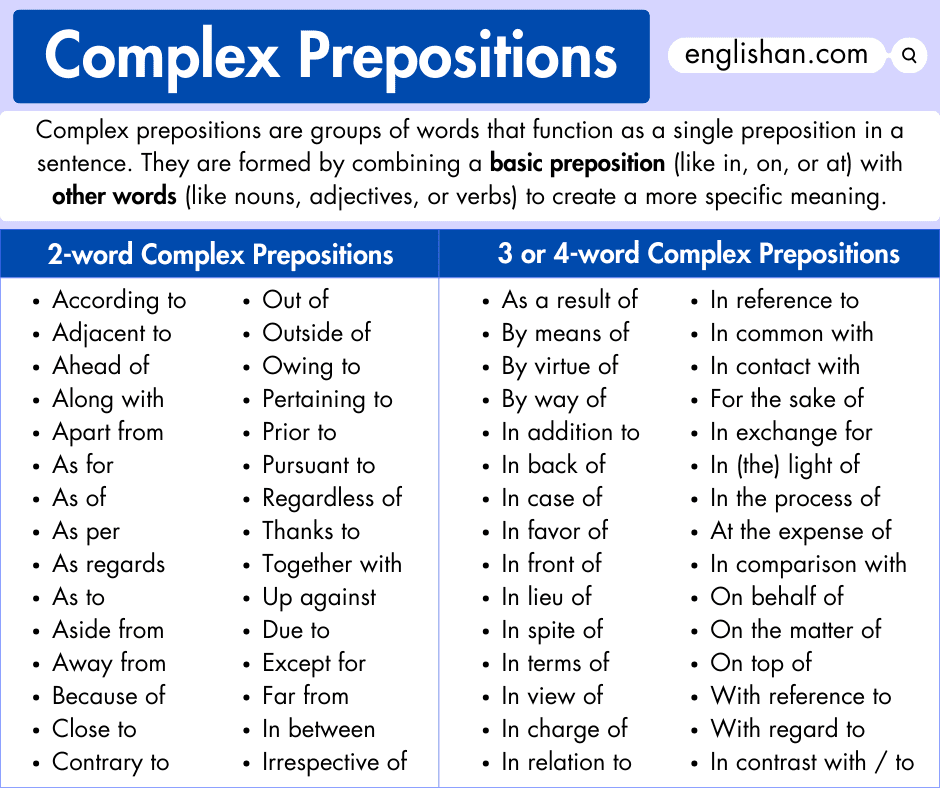
Common Complex Prepositions
- In front of:
Something is ahead of something else. For example, if you stand facing a wall, you’re in front of the wall.
- Because of:
This tells you why something happened. For instance, if you got wet, it’s because of the rain. The rain caused you to get wet.
- On top of:
This means something is positioned over something else. Like, if your book is on top of the table, it’s resting directly above the table surface.
- Next to:
It means something is beside or very close to something else. For example, if you sit next to your friend in class, you’re seated beside them.
- In between:
This indicates something is positioned amid two other things. For instance, if you’re standing in between two trees, you’re standing amid them, not too close to one or the other.
- In addition to:
This means something is being included with something else. For example, if you have tea in addition to coffee, it means you have both tea and coffee.
- Due to:
This indicates the cause of something. For instance, if a meeting is canceled due to bad weather, it’s because the bad weather caused the cancellation.
- By means of:
This shows how something is done or achieved. For example, if you travel by means of a car, you’re using a car as your mode of transportation.
- According to:
This refers to something being done in accordance with a particular standard or authority. For instance, if you act according to the rules, you’re following the rules.
- In spite of:
This means something happens despite a particular circumstance. For example, if you go to the beach in spite of the rain, you’re going even though it’s raining.
- With regard to:
This indicates consideration or attention given to something. For example, if you’re talking with regard to the weather, you’re discussing or considering the weather.
- As a result of:
This shows the consequence of something. For instance, if you’re late as a result of traffic, it means traffic caused you to be late.
- On behalf of:
This means representing someone or acting for their benefit. For example, if you speak on behalf of your team, you’re speaking for them.
- In the middle of:
Something is happening or positioned during a particular time or place. For example, if you’re in the middle of a movie, you’re currently watching the movie.
- In accordance with:
This indicates conformity or agreement with a particular standard or rule. For example, if you act in accordance with the law, you’re following the law.
Usage of Complex Prepositions
- Location: Complex prepositions help describe where things are in relation to each other, like in front of or next to.
- Cause and Effect: They explain why something happens, such as because of or due to.
- Position: Complex prepositions indicate how things are placed, such as on top of or inside of.
- Comparison: They show how things relate to each other, like compared to or alongside.
- Contrast: Complex prepositions highlight differences between things, as in in spite of or despite.
- Direction: They describe where something is moving, like out of or across from.
- Proximity: Complex prepositions indicate closeness or distance, such as nearby or far from.
- Time: They show when something happens, like during or in the middle of.
- Inclusion: They add extra information or items, as in in addition to or along with.
- Relation: Complex prepositions connect ideas or topics, like with regard to or in terms of.
- Addition: They can indicate the addition of something extra or further, such as along with or together with.
Simple vs Complex Prepositions
Prepositions are words that typically come before nouns or pronouns and express a relationship to another word in the sentence. Simple and complex prepositions both serve this function, but they differ in their structures and usage:
Simple Prepositions:
These are the most common type of prepositions. They are single words that usually indicate location, direction, time, or possession. Examples of simple prepositions include: in, on, at, by, with, to, from, under, over, between, etc.
Examples:
- The cat is on the table.
- She lives in the house.
- The book is under the bed.
Complex Prepositions:
- Complex prepositions, on the other hand, are groups of words that function as prepositions together. They are made up of two or more words and give more specific details about relationships between things. Examples of complex prepositions include: because of, in spite of, due to, in addition to, on account of, in front of, next to, instead of.
Examples:
- The ball is in front of the chair.
- The book is on top of the table.
- The park is next to the school.
Complex Prepositions List
Here is a list of common complex prepositions:
- According to
- Adjacent to
- Ahead of
- Along with
- Apart from
- As for
- As of
- As per
- As regards
- As to
- Aside from
- Away from
- Because of
- But for
- Close to
- Contrary to
- Due to
- Except for
- Far from
- In between
- Inside of
- Instead of
- Irrespective of
- Next to
- Opposite to
- Out of
- Outside of
- Owing to
- Pertaining to
- Prior to
- Pursuant to
- Regardless of
- Subsequent to
- Thanks to
- Together with
- Up against
- Up to
- As a result of
- At the expense of
- By means of
- By virtue of
- By way of
- For the sake of
- In accordance with / to
- In addition to
- In back of
- In case of
- In charge of
- In comparison with / to
- In common with
- In connection with / to
- In contact with
- In contrast with / to
- In exchange for
- In favor of
- In front of
- In lieu of
- In (the) light of
- In line with
- In need of
- In place of
- In the process of
- In reference to
- In regard to
- In relation to
- In respect to
- In return for
- In search of
- In spite of
- In terms of
- In view of
- On account of
- On behalf of
- On the matter of
- On top of
- To the left of
- To the right of
- To the side of
- With reference to
- With regard to
- With respect to
- In anticipation of
- In contemplation of
- In opposition to
- In the course of
- In order to
- In the vicinity of
- In conjunction with
- On the part of
- With a view to
- With the intention of
- With the purpose of
- In preparation for
- In pursuit of
- In support of
- In honor of
- In the absence of
- In comparison to
- In contrast to
- In the face of
- In the middle of
- With the aim of
- With the assistance of
Complex Prepositions Example Sentences
- She sat in front of the TV.
- He lives within the city.
- The cat jumped onto the table.
- He was sitting beside his friend.
- He couldn’t come due to illness.
- The keys were on top of the shelf.
- The game was canceled due to rain.
- The squirrel ran across the road.
- They sat in between the two trees.
- In case of an emergency, dial 911.
- I did it for the sake of our friendship.
- They traveled by means of a car.
- In spite of the rain, we went to the park.
- Due to his hard work, he got promoted.
- She’s scared by reason of the dark.
- With respect to your opinion, I disagree.
- He’s upset on account of his failure.
- They arrived by virtue of their talent.
- In addition to milk, we need eggs.
- She went home by way of the shortcut.
Complex Prepositions Exercises
Fill in the blanks with the appropriate complex prepositions from the list provided.
(according to, in front of, in spite of, by means of, on top of, due to, because of, alongside, apologized for, in addition to, sat by)
- The cat is sitting ______ the table.
- ______ her fear, she decided to go bungee jumping.
- The game was canceled ______ rain.
- They communicated ______ email.
- ______ the rain, the match continued as scheduled.
- The book is ______ the shelf.
- He stood ______ his sister at the event.
- ______ his age, he managed to climb the mountain.
- We sat _____ the fire and told stories.
- He bought groceries _____ milk.
- _____ the rules, you must wear a helmet.
- He apologized _____ the delay in response.
Answer key:
- in front of
- In spite of
- due to
- by means of
- In spite of
- on top of
- alongside
- Because of
- sat by
- in addition to
- according to
- apologized for
FAQs:
A complex preposition is a group of words that act together as a single preposition. It’s formed by combining a simple preposition with other words, like adverbs or nouns. For example, in spite of, because of, on behalf of.
Complex prepositions are formed by combining a simple preposition with another word or words, such as adverbs, adjectives, or nouns. For example, in front of, on account of, because of, etc.
A complex preposition combines words to convey a specific idea, typically beginning with a simple preposition like in, on, or with, and followed by nouns, adjectives, or other prepositions, expressing detailed relationships in sentences.
Simple prepositions are single words like in, on, or with. Complex prepositions are made up of more than one word, such as in front of, because of, or on account of. Complex prepositions often show more detailed relationships between parts of a sentence.
She sat in front of the TV.
The cat jumped onto the table.
He was sitting beside his friend.
He couldn’t come due to illness.
They traveled by means of a car.
You May Also Like
